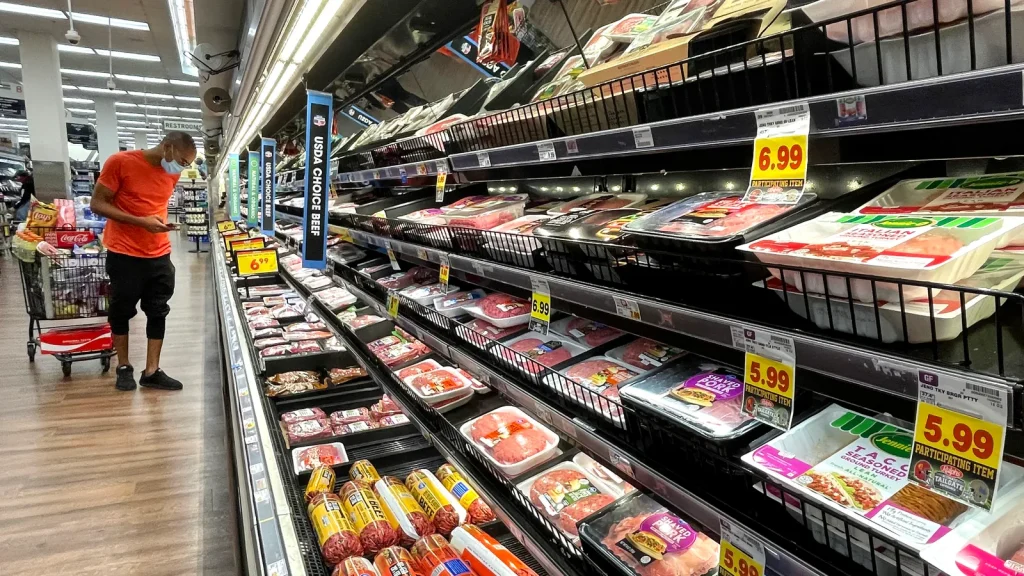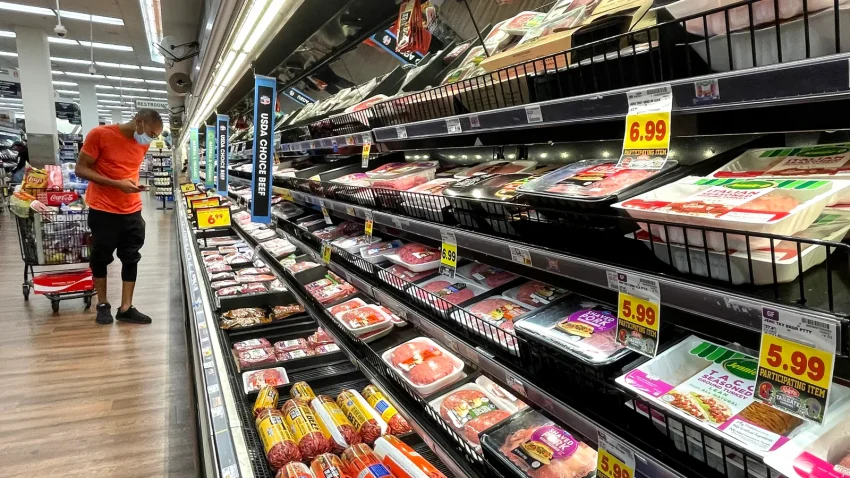Retail entered March on uncertain footing as February sales fell short and consumer confidence wavered. From surprise earnings and strategic resets to bankruptcies and AI-driven innovation, retailers are navigating a fractured landscape with bold, sometimes unconventional bets.

Consumer sentiment took a hit in February as pricing pressures and economic uncertainty weighed heavily on wallets and minds. Retail sales for the month fell short of expectations, signaling a rocky road ahead for the sector. While digital shopping continues to gain traction, some consumers are taking deliberate—and in some cases drastic—steps to curb what’s increasingly viewed as an addictive habit.
Against this backdrop, a mixed bag of quarterly reports from major retailers points to divergent fortunes and shifting strategies across the industry.
Kohl’s, coming off a disappointing earnings and sales report, slashed its outlook for the rest of 2025. The move reflects ongoing struggles to drive traffic and win over consumers in a hyper-competitive landscape.
Nordstrom, on the other hand, surprised the market with strong fourth-quarter results. The announcement comes as the company inches closer to going private—a move that could allow it to refocus away from the pressures of public markets and streamline its operations.
Macy’s offered a more nuanced picture. Its Q4 earnings beat expectations, but revenues missed the mark, highlighting the retailer’s ongoing battle to stabilize its top line amid structural headwinds.
Meanwhile, Hudson Bay is on the brink. The company filed for bankruptcy protection, announcing plans to liquidate non-core stores in a last-ditch effort to re-emerge as a leaner, viable business. Unless a financing lifeline materializes soon, a full liquidation may be unavoidable. Still, a handful of carved-out stores could buy Hudson Bay some time to secure longer-term funding.
Elsewhere, Target is looking inward, betting on investments in product and store experience to recapture the brand magic that once made it a darling of suburban shoppers. Walmart is doubling down on tech, rolling out a generative AI assistant dubbed “Wally” to streamline merchant operations. In a more curious turn, the retail giant is also launching “Walmart Unlimited,” an immersive shopping game—part of its ongoing effort to embed itself deeper into consumer lifestyles. Whether that initiative resonates with shoppers or lands as a gimmick remains to be seen.
Retail is no stranger to disruption, but the current moment feels especially volatile. With consumer confidence shaky and innovation paths diverging, the next few quarters could reshape the map for U.S. retail.




